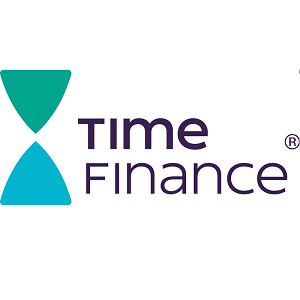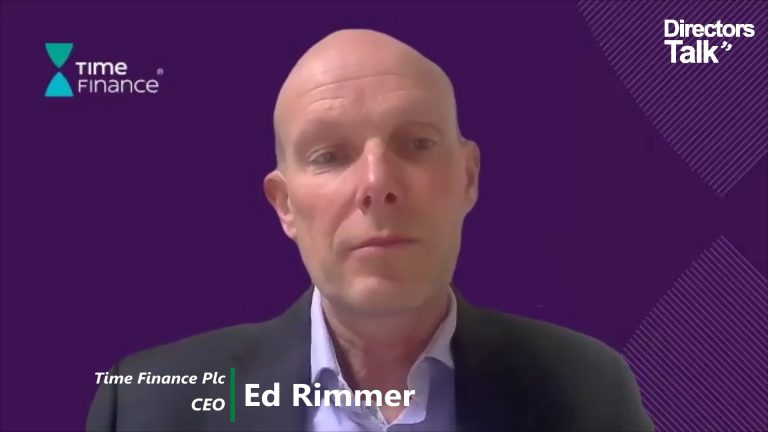In the fast-paced world of business finance, how you access capital is just as critical as how you use it. The path you choose—broker or lender—could dramatically impact the speed, cost, and flexibility of your funding. Understanding this choice isn’t just a matter of preference. It’s a strategic decision that influences your bottom line.
When securing finance, businesses are presented with two primary routes: working with a broker or going directly to a lender. While both options aim to provide access to capital, they operate in distinct ways and serve different functions in the lending ecosystem. Grasping these differences is essential for selecting the most suitable approach for your business goals and financial situation.
A finance broker acts as a connector, bridging the gap between borrowers and a diverse range of lenders. Rather than offer funding themselves, brokers tap into an expansive network of financial institutions to present tailored funding solutions. Their value lies in their ability to navigate the market on your behalf, comparing products, negotiating terms, and guiding you through the funding process. Their experience across multiple lenders often results in access to more competitive terms than a single lender could provide.
Lenders, on the other hand, are the direct source of funds. These can be banks, specialist finance providers, or private institutions. They assess applications based on internal criteria and offer finance under predefined terms. One of the main benefits of working directly with a lender is the direct line of communication it affords. This often results in quicker decision-making, clearer expectations, and a more streamlined application process. Additionally, borrowers may avoid broker-related fees, making this path potentially more cost-effective.
There are advantages to both options depending on what a business values most—whether that’s speed, flexibility, product choice, or personal guidance. Borrowing directly from a lender offers a sense of control and immediacy. Decisions are made in-house, communication is more straightforward, and the turnaround can be faster. Without the middleman, some businesses feel more empowered in negotiations and better positioned to build long-term financial relationships.
That said, brokers can be invaluable for businesses that are either new to borrowing or seeking bespoke funding structures. They save time by handling the legwork—identifying lenders, completing applications, and negotiating terms. Because they work with numerous lenders, brokers are able to present options that a borrower may not have found alone, often leading to more favourable interest rates, longer terms, or higher borrowing limits. Their insight is particularly beneficial for companies with complex financial needs or those outside the standard lending criteria.
The core difference is simple yet significant: brokers facilitate, lenders fund. Brokers help navigate the market and source competitive deals, while lenders supply the capital directly. Your decision ultimately depends on your funding experience, urgency, and the complexity of your financial requirements. Some businesses may prefer the guidance and market access a broker provides, while others might choose the clarity and speed of dealing with a lender head-on.
Time Finance plc (LON:TIME) is an AIM-listed business specialising in the provision or arrangement of funding solutions to UK businesses seeking to access the finance they need to realise their growth plans. Time Finance can fund businesses or arrange funding with their trusted partners through Asset Finance, Invoice Finance, Business Loans, Vehicle Finance or Asset Based Lending.








































